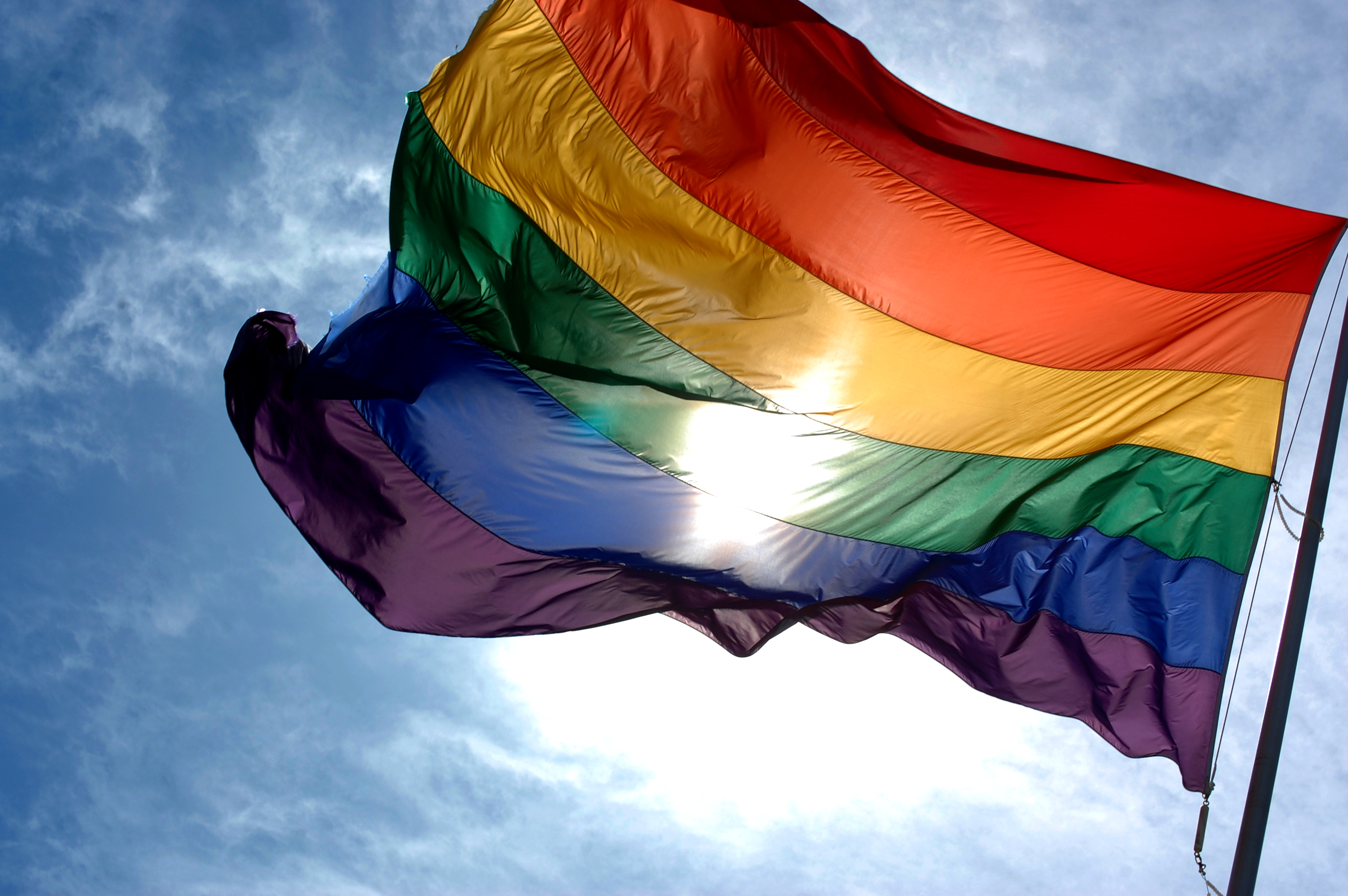by James Carson
March 29 saw the first same sex weddings in England and Wales, and later this year the first gay marriages in Scotland will take place. Some proponents of lesbian, gay, bisexual and transgender (LGBT) rights have characterised the recognition of gay relationships in law as a full stop in the campaign for equality. But there is evidence that the struggle against discrimination of LGBT people is far from over.
A study this year by the University of Manchester looking at the workplace experiences of LGBT employees uncovered some uncomfortable findings:
- LGBT people are more than twice as likely as heterosexual employees to be bullied and discriminated against
- One in five bisexuals report either occasional or regular bullying, the highest level of any group
- One in six lesbians report bullying at work, with approximately a third of those reporting regular bullying
- Gay men report more than double the levels of bullying, compared to heterosexuals
Instances of discrimination ranged from people avoiding contact with LGBT colleagues at work, to sending intimidating e-mails and engaging in unwanted physical contact, such as grabbing or groping.
Most of the participants in the Manchester study are open about their sexuality at work, but the report indicated that this honesty resulted in higher levels of bullying and discrimination.
Perhaps most worryingly, the largest group who perpetrated bullying of LGBT employees was found among managers and supervisors: 44 per cent of respondents identified perpetrators in this category.
Unsurprisingly, the Manchester study showed that workplace discrimination affected the physical and mental health of LGBT people, with high correlations between bullying and negative health outcomes.
The authors of the study concluded that tackling workplace discrimination of LGBT people requires action by management:
“It must be the responsibility of organisations to discuss and establish behavioural standards and boundaries for acceptable conduct with respect to sexual orientation, as with other protected employee groups, and the duty of managers to ensure that such standards are respected and upheld without being considered moralists and killjoys.”
Stonewall, the charity which campaigns for LGBT rights, agrees that support for LGBT staff must start at the top, and that management should be advocating strong and robust equality policies, staff training and engagement with employees and the wider LGBT community.
To reinforce its belief that people who can be open about their sexuality are more likely to be happier and more productive employees, each year Stonewall celebrates Britain’s most gay-friendly workplaces.
In 2014, the list included organisations from 38 industries across the public and private sectors. Among Stonewall’s top 100 employers were Riverside, Leicestershire County Council, Nottingham City Homes, PwC, Sussex Police and city councils in Bristol, Birmingham and Newcastle.
Heading the list was Gentoo, a social enterprise providing housing solutions and services to improve the lives of the people, communities and environment in which they work. The company achieved the highest score, based on a range of criteria including equality and diversity policies, training and employee engagement.
Commenting on the achievement, Gentoo’s chief executive, Peter Wallis, said:
“It truly is the people at Gentoo that make this business great and it is vital that everyone feels able to be themselves at work and give us all they’ve got.”
The Stonewall awards and the Manchester study highlight the contrasting experiences of LGBT employees, and the choices managers have in tackling workplace discrimination. As equal rights reach another milestone, the challenge for employers is to recognise that improving the working environment for LGBT staff not only signals their commitment to equality, but also makes good business sense.
Further reading (please note you must be a member to view these resources)
Out and proud (gay-friendly workplaces), IN Inside Housing, Vol 30 No 11 22 Mar 2013
Through our eyes: experiences of lesbian, gay and bisexual people in the workplace
Share
Related Posts
A recent item on BBC Radio 4’s Today programme generated an unusually high number of responses from listeners. A man who had lost his job in the financial services sector at the age of 57 described his difficulty in trying ....
Instances of reported violence and misogyny against women and girls are rising. The high profile murders of Zara Aleena, Sarah Everard, Bibaa Henry, Nicole Smallman, Maria Rawlings, Sabina Nessa and Ashling Murphy have again raised questions about what can be ....
The World Health Organisation (WHO) has estimated that over 1 billion people are living with some form of disability worldwide – that’s about 15% of the world’s total population. And, with trends in life expectancy and the prevalence of chronic ....
A recent survey by the Royal Town Planning Institute (RTPI) in July 2021 aimed to gauge UK public awareness of the planning profession. The results suggested a significant disconnect between the public perception of planning, the scope of professions in ....

